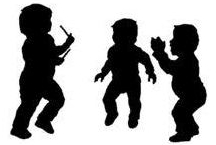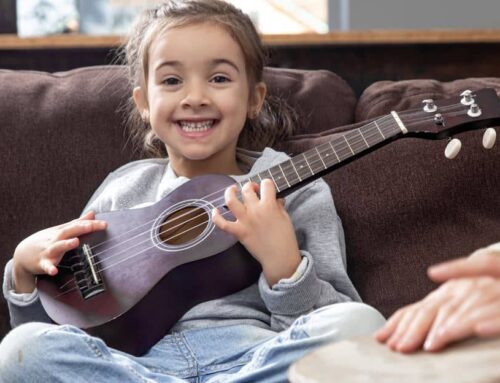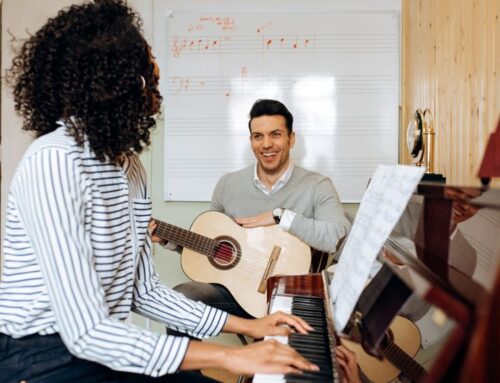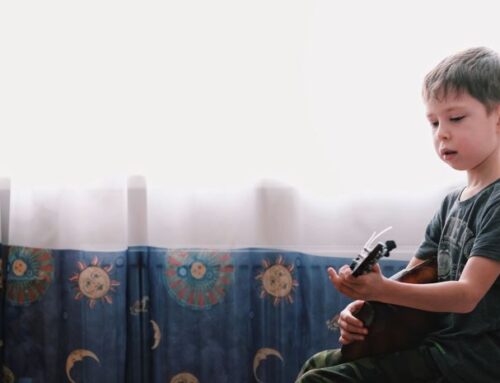Music has long been proven to be beneficial for people of all ages, but that’s especially true for youth. As kids grow and have to learn how to navigate through the world music helps their development in so many ways. Not only is music pleasing to the ears and helpful in improving overall mood, it also helps kids grow creatively, socially and even academically.
Helping to foster a love and appreciation for music is something we pride ourselves in here at Capstone Music, and here’s a few reasons why.
Music improves academic skills
Music and math are 2 subjects that are easily related. When learning beat, rhythm and scales kids are using basic math skills like recognizing patterns, figuring out fractions and using division.
Memory is also significantly improved with music. Remembering their notes, timing counts with the lyrics and even just remembering lyrics to favourite songs all help to boost this academic skill.
As your child starts looking for new ways to express themselves and grow, head on down to Capstone Music and check out a class! You just might have a budding ukulele player in your midst! Check out Capstone Music – now with 2 Burlington locations!
It boosts self-esteem & confidence
Group lessons help demonstrate that no one is perfect and that everyone has strengths and weaknesses, which is motivating to self-esteem. Knowing they’re not the only one who struggles is quite the relief for developing youth! Playing an instrument feeds confidence by teaching the child that they are capable of learning a new skill if they put their mind to it.
Being in front of an audience- whether there’s 2 people or 20- is an important skill in all areas of life. Having the confidence to be themselves in front of people is hugely beneficial in school and later in the workforce.
Fuels feelings of responsibility
Instruments naturally need basic maintenance to keep it performing its best. Whether it needs oiling, tuning or regular cleaning this can help teach youth responsibility because they know the upkeep of their instrument is part of their job as a musician.
Being part of a music group also creates feelings of responsibility because they understand that other members are counting on them to know their part and to be present in the group.
Playing an instrument improves coordination
Playing an instrument requires hands and eyes to work together in order to play a piece correctly, and some instruments even require both hands- and sometimes feet- to work together as well. This means an increased awareness of how the body uses hand-eye coordination to perform tasks.
It teaches discipline and patience
No skill is ever learned overnight. Learning how to play music on any instrument isn’t something that comes without practice. Playing an instrument teaches kids to persevere through hours, months and years of practice to get to certain goals and to be disciplined in the time they dedicate to practice.
Learning Music Young brings Joy to Life…for Life!
Let’s face it, not every activity has to be strictly about education, learning and self improvement. Science has spoken there on the benefits of music, though. It can come all down to FUN! Yes, let’s have fun with music even if for no other reason than it makes you and your children smile and dance. Yes, that’s the only reason why we need music in our life, right?
There are so many other ways that music benefits youth development, these are just a few we see often!






